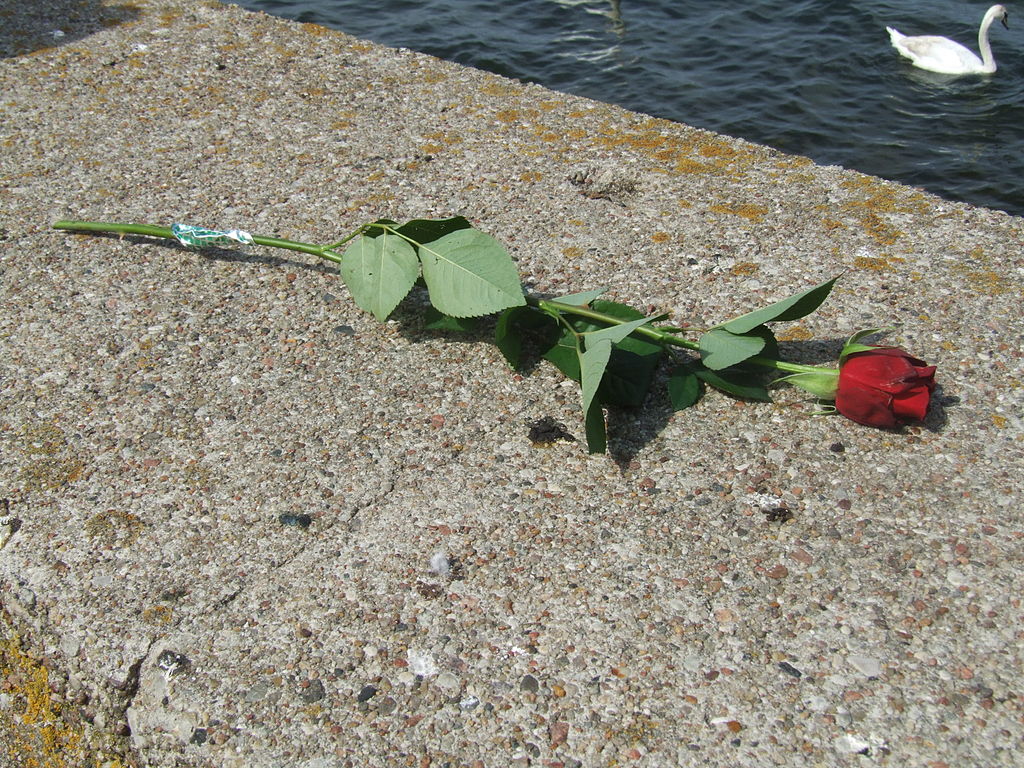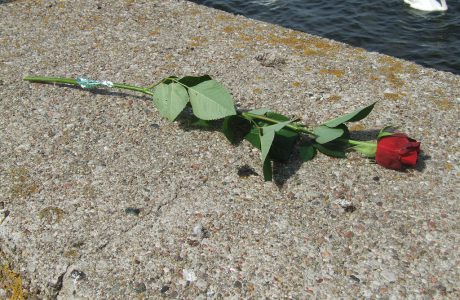| Movie | |
|---|---|
| Source banner: 🔗 https://www.needpix.com/photo/455018/ | |
 | |
| Kinopolska Festival 2012: women and Polish cinema. | |
| Title | Róża (Rose in English) |
| Director | Wojciech Smarzowski |
| Plot | At the end of the summer of 1945, Tadeusz, a former soldier who lost everything during the war, arrived in the Masuria region located in northeastern Poland. He goes to Rose, the widow of a German soldier, to give her a photo and the latter’s wedding ring. Tadeusz will then discover what this woman’s life was like and the suffering she endured. |
| Additional Information |
|
| Place | ABC Cinema in Toulouse |
| Date and times | Saturday February 2, 2013 |
| Organisation | Apolina association |
| Frame | The film was screened as part of the Kinopolska 2012 festival in Toulouse. |
1. My first impressions▲
These are the ones that I wrote in a notebook as soon as I left the projection room.
I saw a historical film, sadly and harshly faithful to reality, that of the end of the Second World War in Masuria, in the north-east of Poland. The region is mainly torn between 3 languages: German, Russian and Polish. It deals with a taboo subject: war rape. In addition, it shows the harsh daily life of post-war “life”, or rather post-war “death”: it is the absence of peace.
I also write the following observation:
- Women’s rights are always in decline in times of war.
- The end of the war does not mean the end of crimes or their disappearance.
- The evening was full of deep emotions. The heart and head are affected.
2. My review with more perspective▲
These notes date from Wednesday 03/13/2013, a few weeks later. I distinguish four points:
- The setting of the film is aesthetic and realistic. The photographs are artistic. The content is terrifying but I was not disturbed. I felt mostly grief.
- A remark perhaps to make it even more accessible in the historical and spatial dimensions: find a way to situate the actions even more in space and in time (names of places, month and year, etc.), especially at the attention of people who know little or nothing about the history and geography of Poland.
- This story bears witness to the atrocities, the tragedies which took place during the Second World War and also well after, because of its consequences (expropriation of land and displacement of populations, reconstruction, production, famines, etc.). My reaction after reflection is to think that we have not learned enough from this global conflict; we did not understand the psychological impact on survivors. We have not taken the measure of what happened during this dark period of humanity. The mark of Cain is well imprinted in our bodies and in our heads. But how could it be different when this war annihilated out 1/5 of the population of Poland?!
- Finally, I didn’t have any particular difficulty understanding it. The subtitling was done well. I can speak Polish, although with difficulty because I learned it mainly by myself.
3. My first contact with the Apolina association▲
How did I hear about the screening of this movie? By reading a web article from La Dépêche du Midi, a local French newspaper, written by the organizers of the evening.
At the end of the screening, I can briefly discuss with the co-organizer of the cinema evening, Karolina Kunicka-Guérin, member of the Apolina association in Toulouse. After sending her an email showing my emotion about the film, she in turn shared an interview with the movie’s director, Wojciech Smarzowski.














